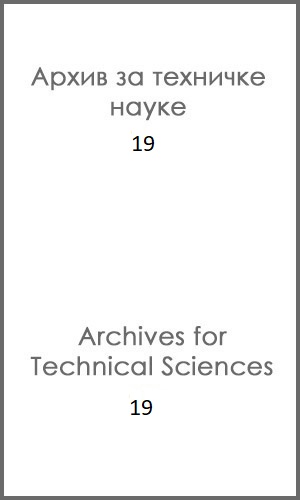ENERGY EFFICIENCY IN URBAN AREAS BY INNOVATIVE PERMACULTURAL DESIGN
DOI:
https://doi.org/10.7251/afts.2018.1019.065SAbstract
First two paramount problems of the world are food security and energy. Permaculture is
a new interdisciplinary branch of the science, which has positive synergistic effects and solves both
problems, including environmental care. The paper analyzed the holistic principles of permaculture
design and possible application in the flats, gardens in the suburbs and/or in the countryside, the urban
land, fields and plots, on rural estates and cottages, in commercial and industrial applications, as well as
in educational institutions and in the abandoned land. Permaculture as a set of knowledge about
designing sustainable human communities, is a connection of the old traditional techniques, enriched
with new knowledge and technologies in the field of architecture, construction, agriculture and forestry,
chemistry, biology, sociology, urban planning, ecology, economy, energy, water and waste
management. Permaculture research answers on how to simultaneously grow food, build energy
efficient dwellings and improve the functionality of urban communities while preserving the
environment. Model of positive examples from international smart practice are presented.

